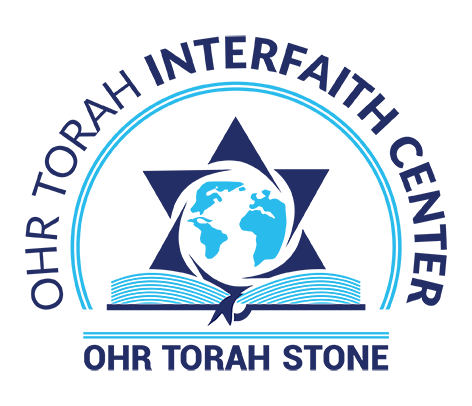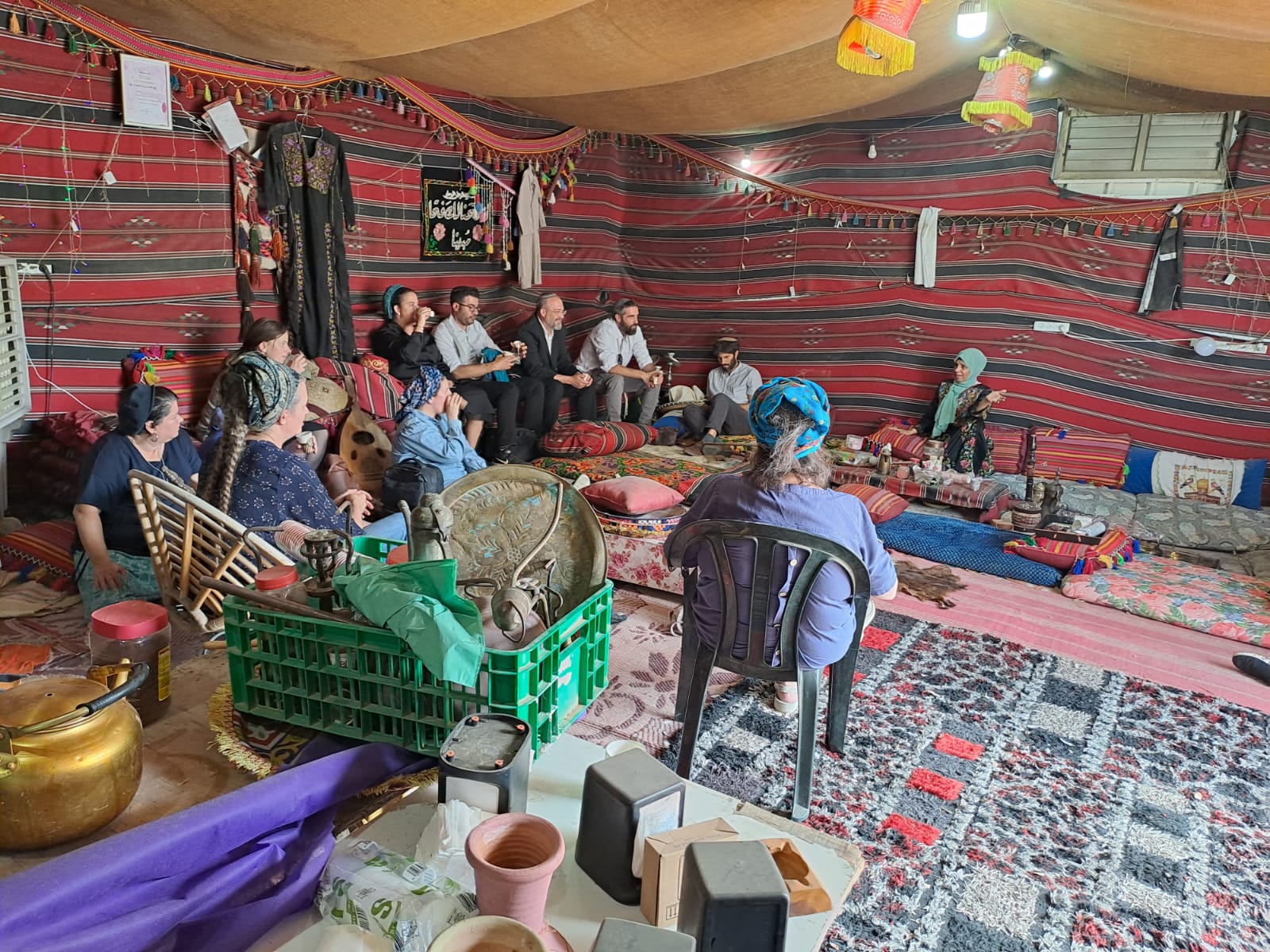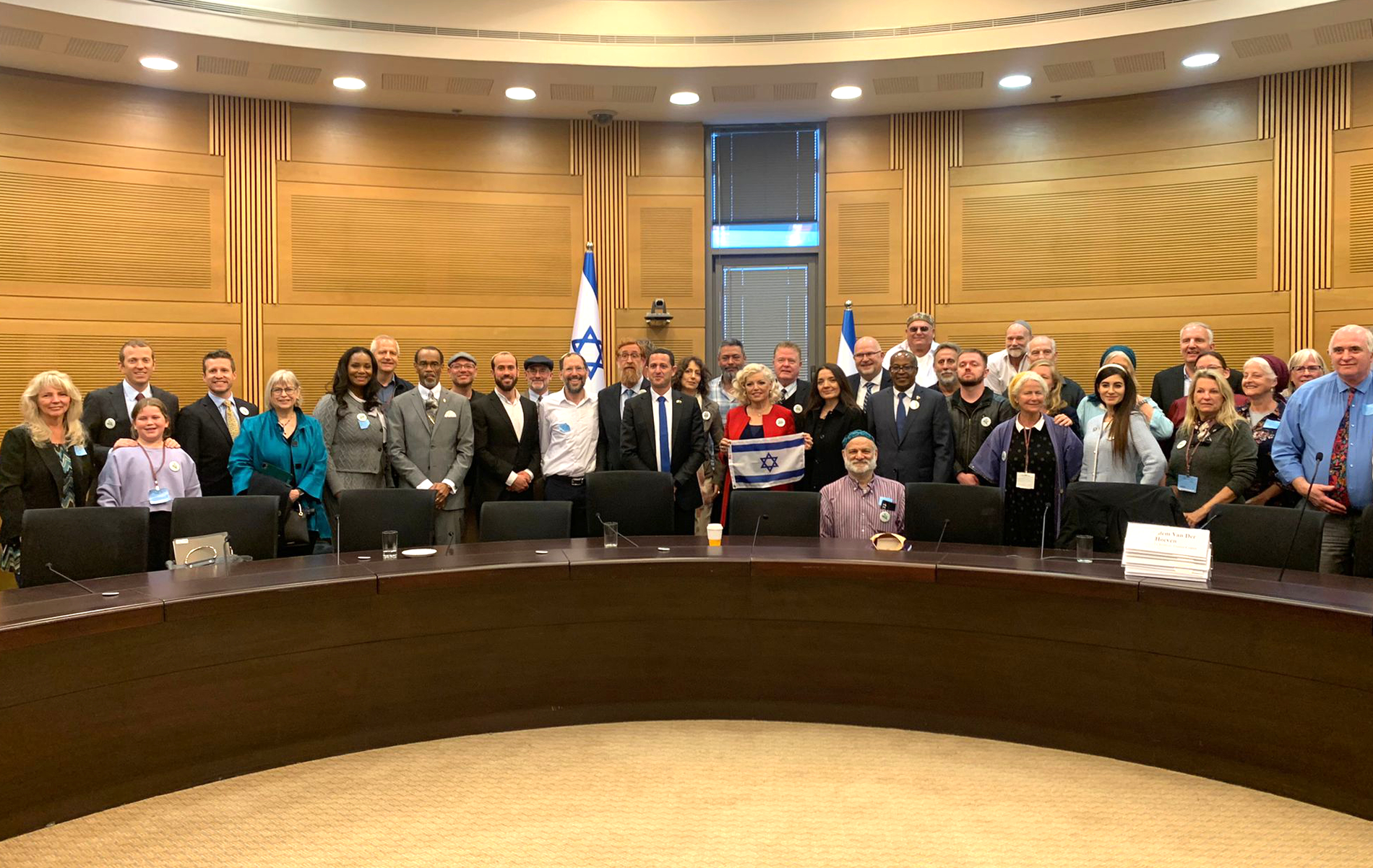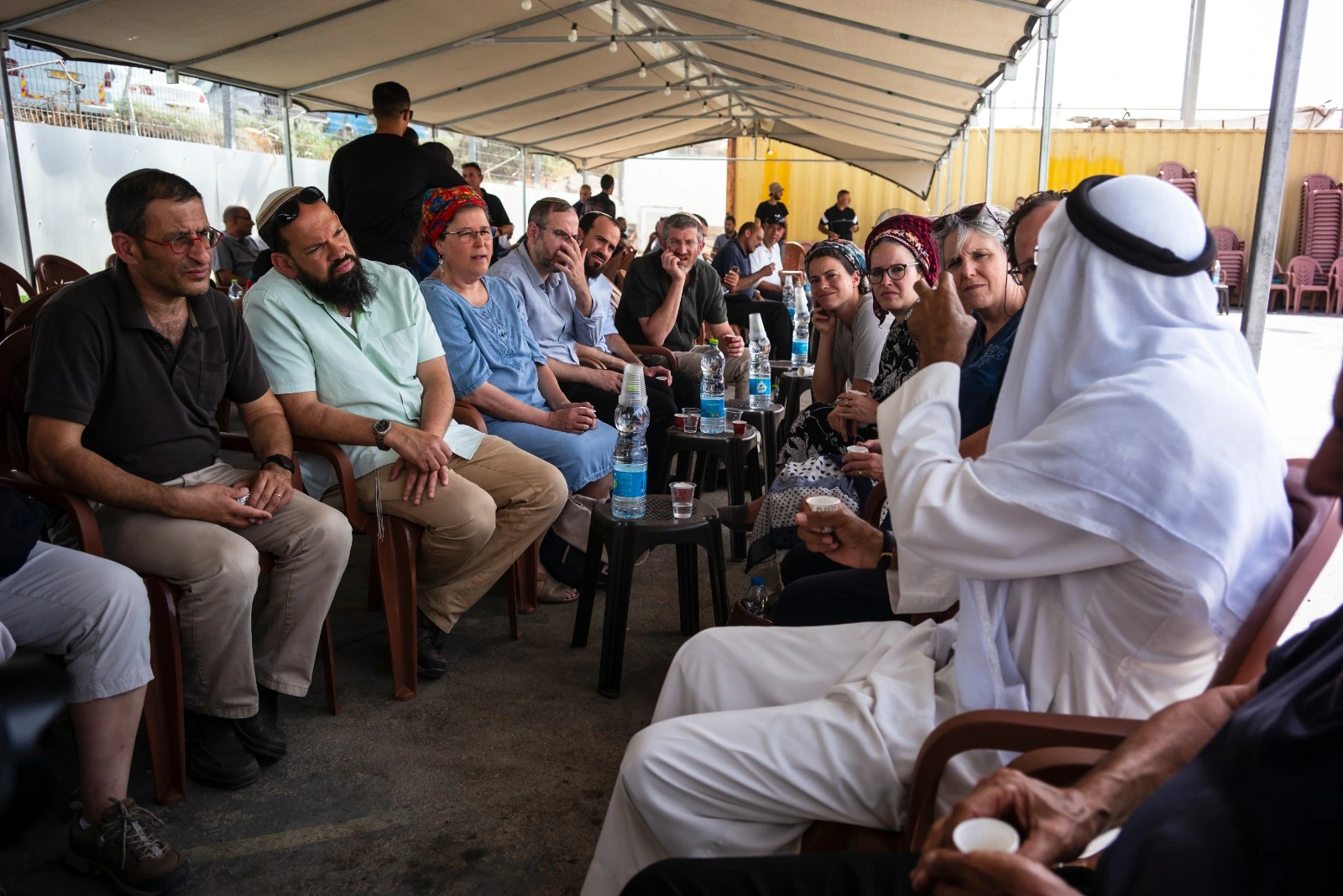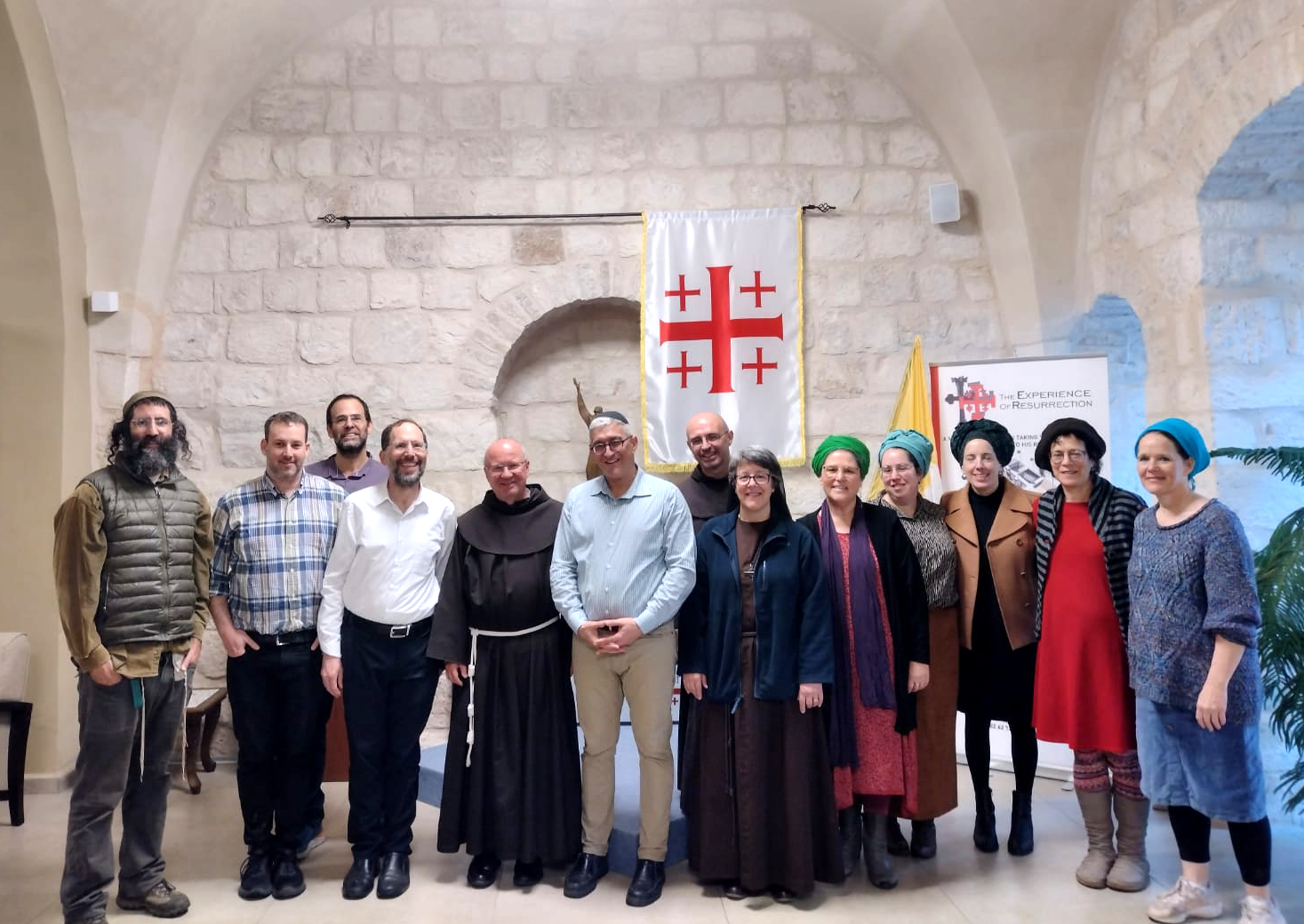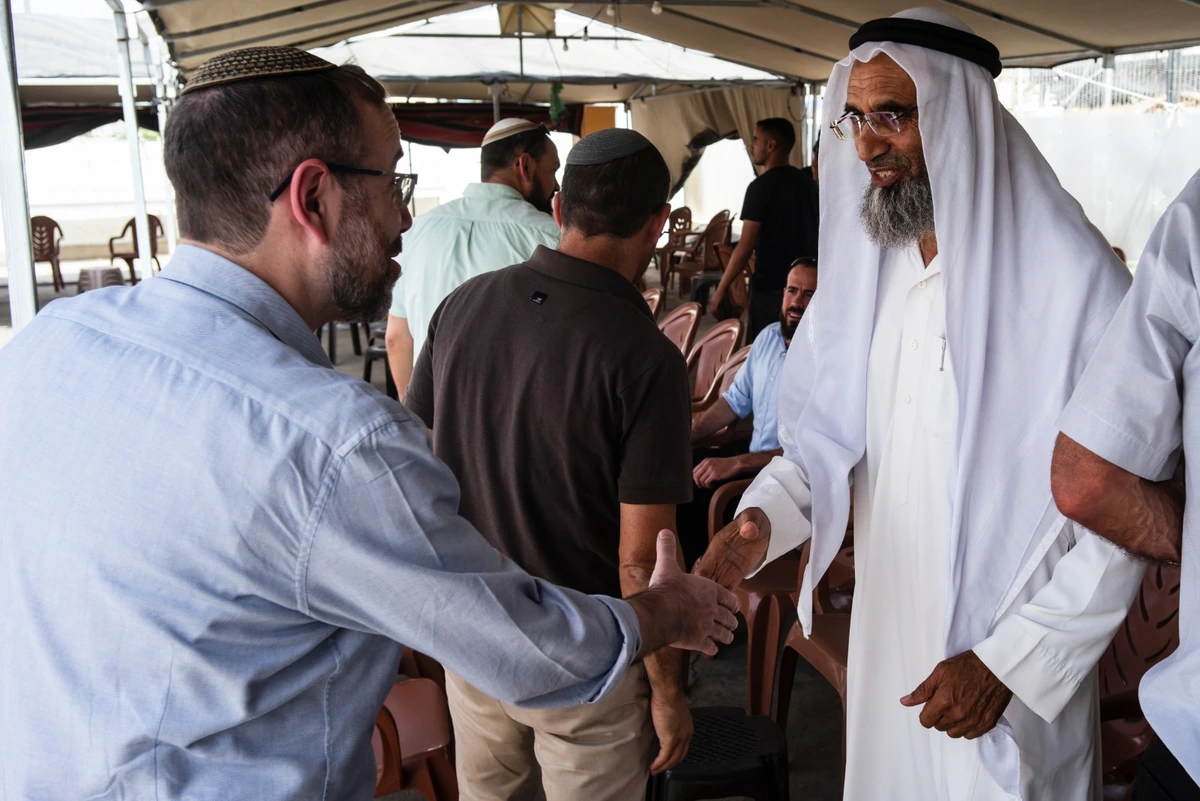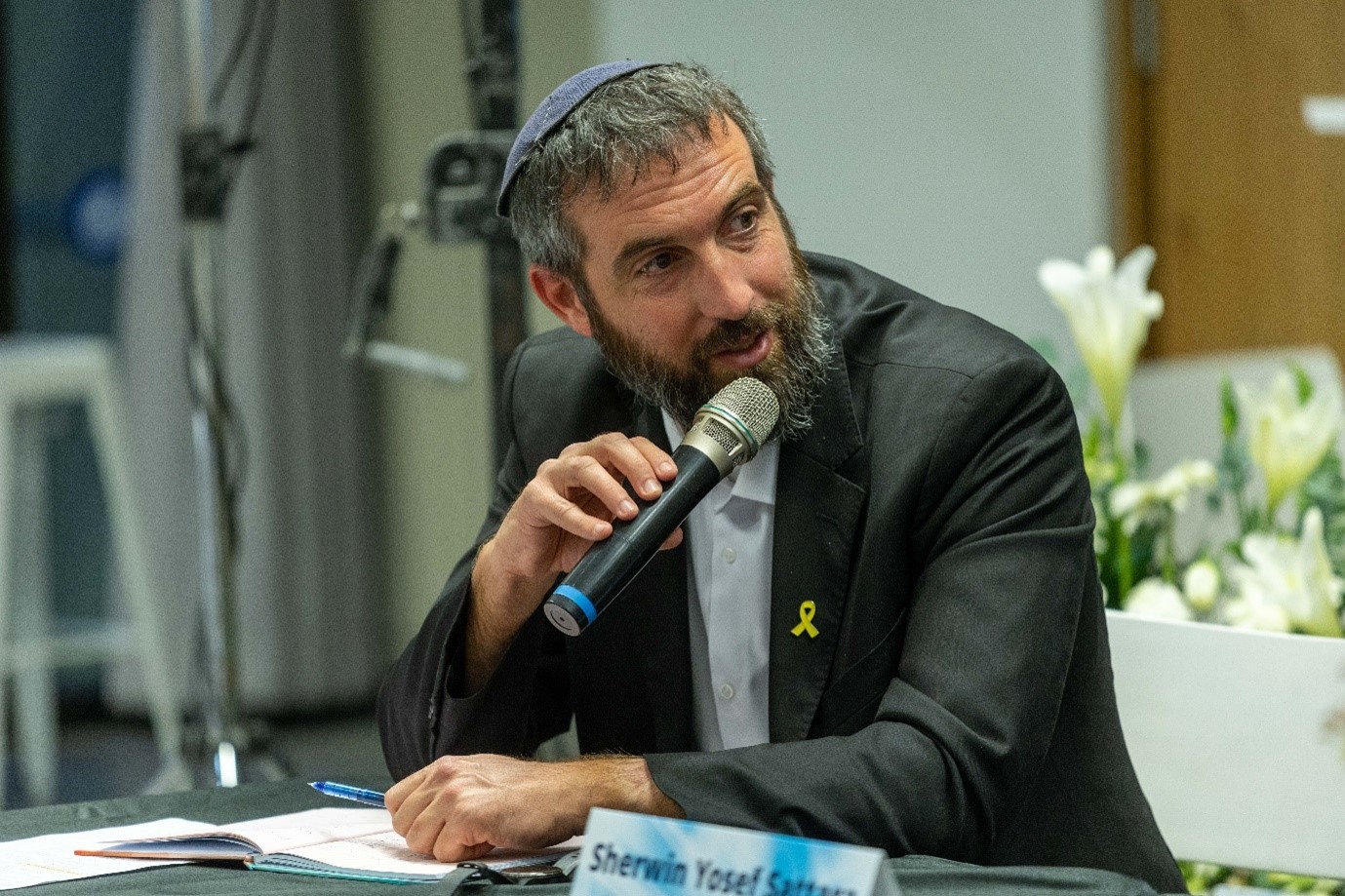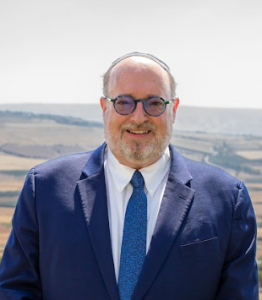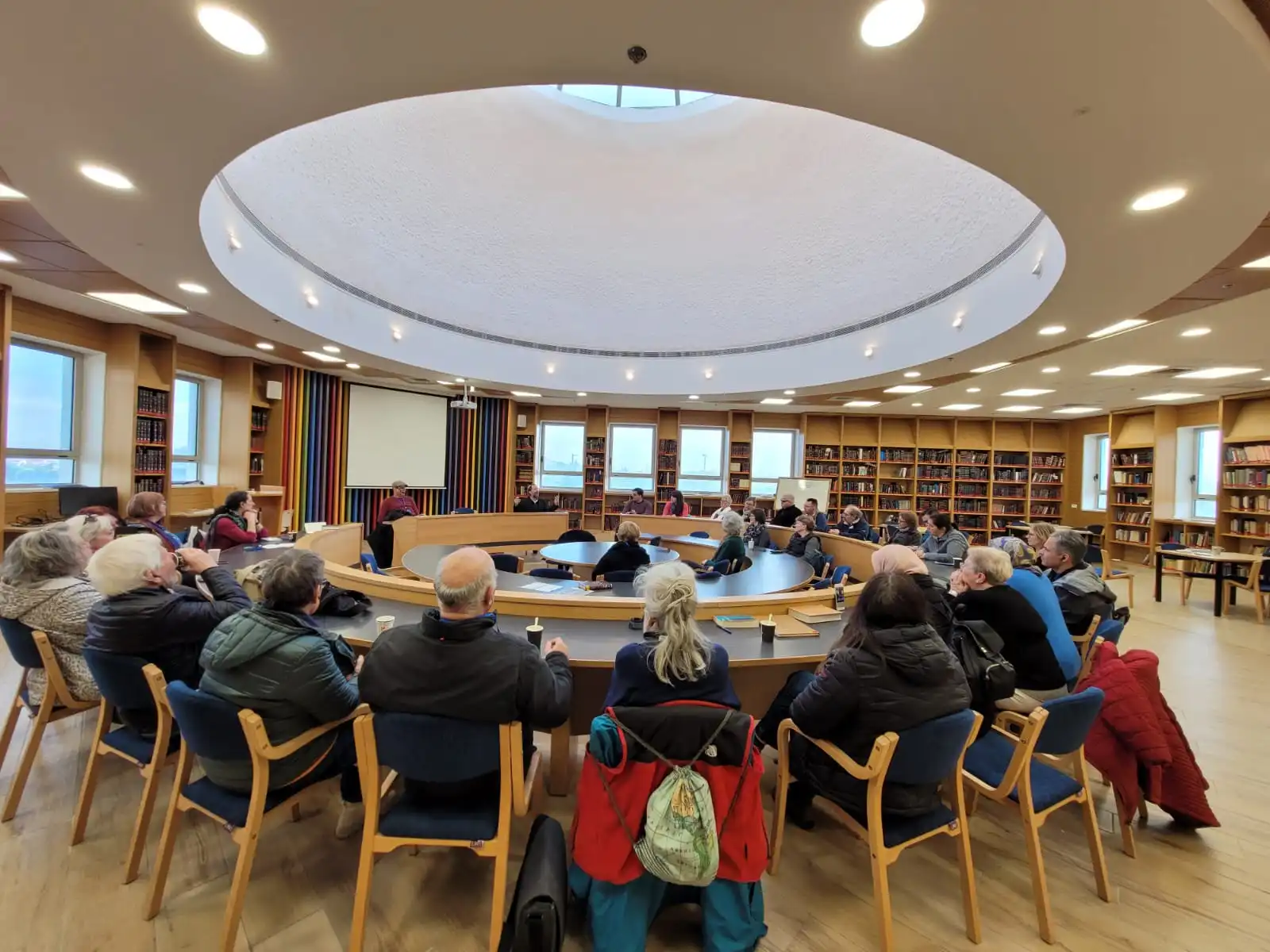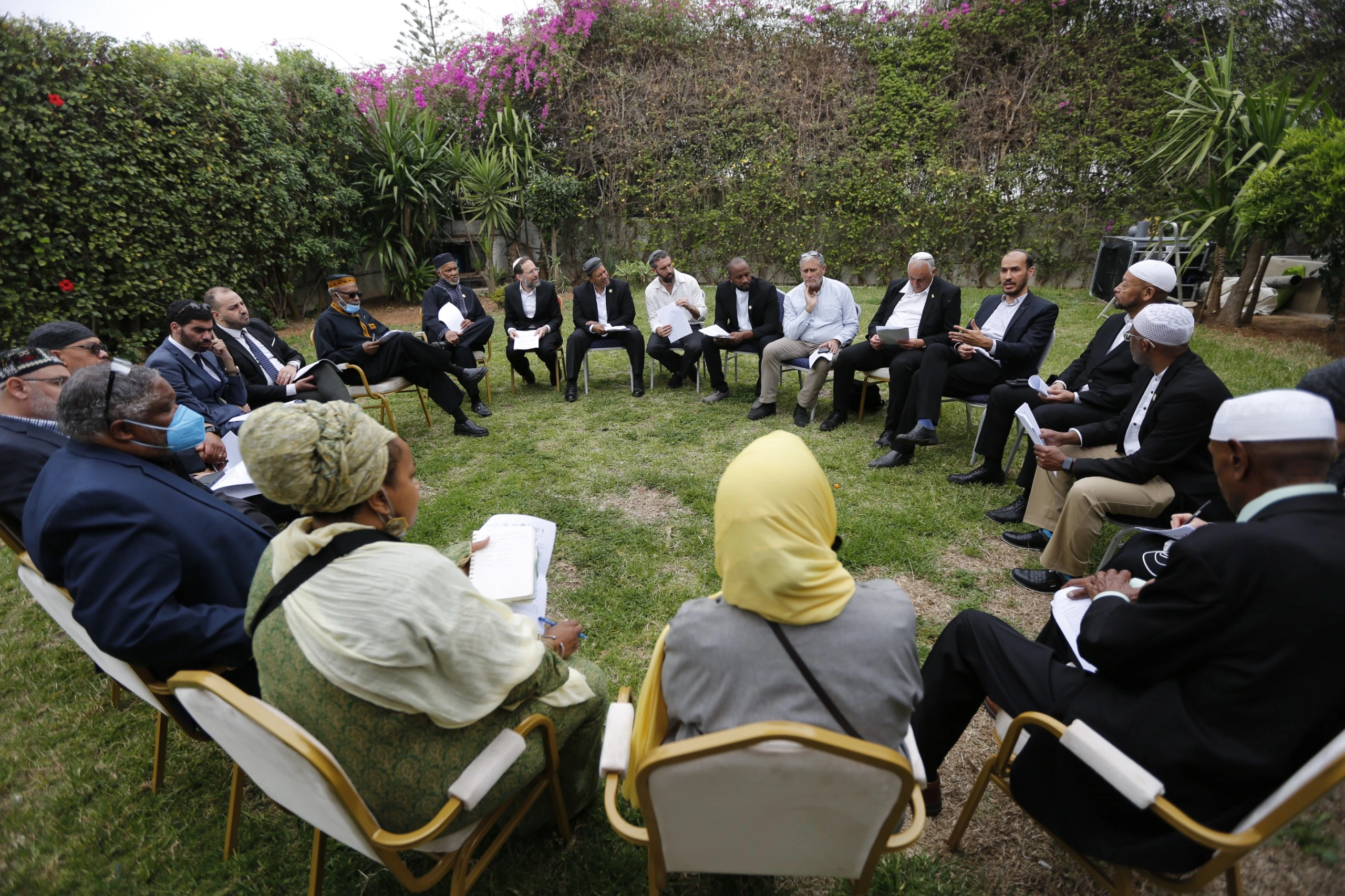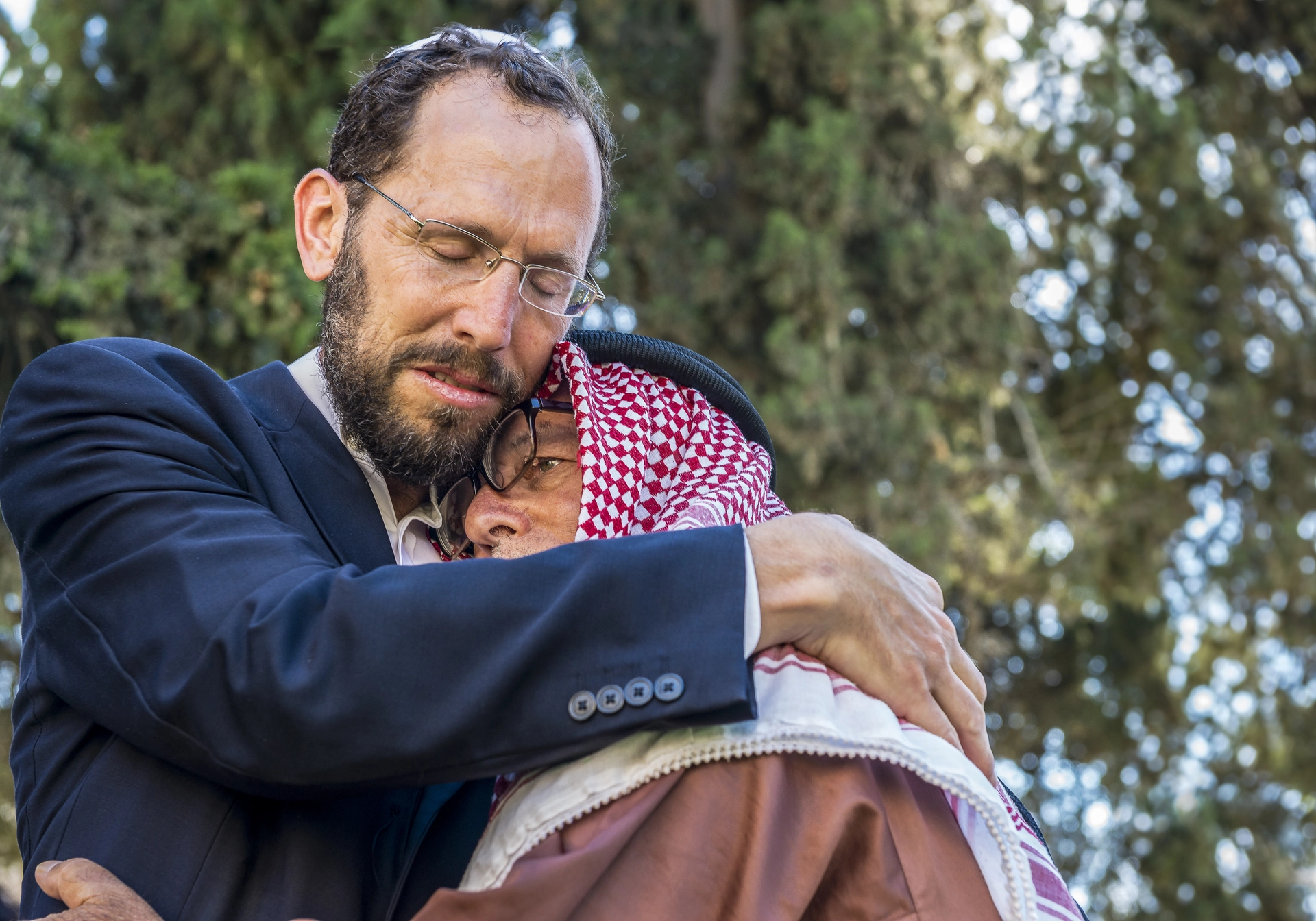Religion is one of the driving forces of humanity. Regardless of personal faith, one cannot ignore the decisive impact of religious identities on global politics. However, modern theories of conflict resolution are rooted in Enlightenment-era philosophy and focus on factors such as power, interests, and influence to explain conflicts (and, presumably, to resolve them). In most cases, religious feelings, beliefs, and identities only play a role in these theories as manifestations of the desire for power.
While these theories offer valuable insights from a certain viable standpoint, we argue that a long-term reconciliation must go through the religious dimension. For example, ignoring the religious aspect of the conflict in the Middle East was already tried in the Oslo Accords. It resulted in their collapse and the rise of extreme and violent religious forces. Ignoring an essential part of a problem does not make it disappear, but rather makes it grow to the verge of explosion. Since religion is clearly part of the problem, it must also be part of the solution.
For us as people of the Jewish faith, the story goes even deeper. Therefore, the purpose of the Ohr Torah Interfaith Center is to promote reconciliation between Judaism and world religions, as well as realigning the Jewish people within the broader narrative of humanity.
By “reconciliation between Judaism and world religions,” we mean mutual recognition and respect between Judaism and other faiths based on deep learning and understanding. We believe that millennia-old tensions and complexities demand gradual and long-term processes leading to a new level of appreciation and trust.
By “realigning the Jewish people within the broader narrative of humanity,” we mean harnessing the Jewish people to live up to the vision of responsibility for the world set forth by its prophets. We also acknowledge the religious dimension of Israel’s conflicts in the Middle East; and understand that part of our mission is to move religion from being a part of the problem to becoming a part of the solution.
